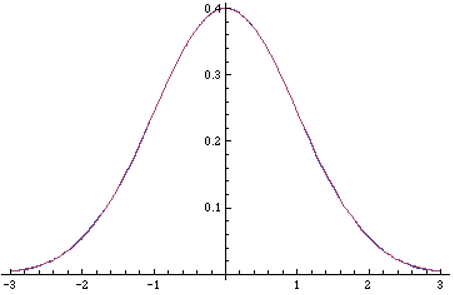Q1. What have the authors contributed in "A re-definition of mixtures of polynomials for inference in hybrid bayesian networks" ?
The authors discuss some issues in using mixtures of polynomials ( MOPs ) for inference in hybrid Bayesian networks. In this paper, the authors discuss relaxing this condition so that each piece is defined on regions called hyper-rhombuses.





